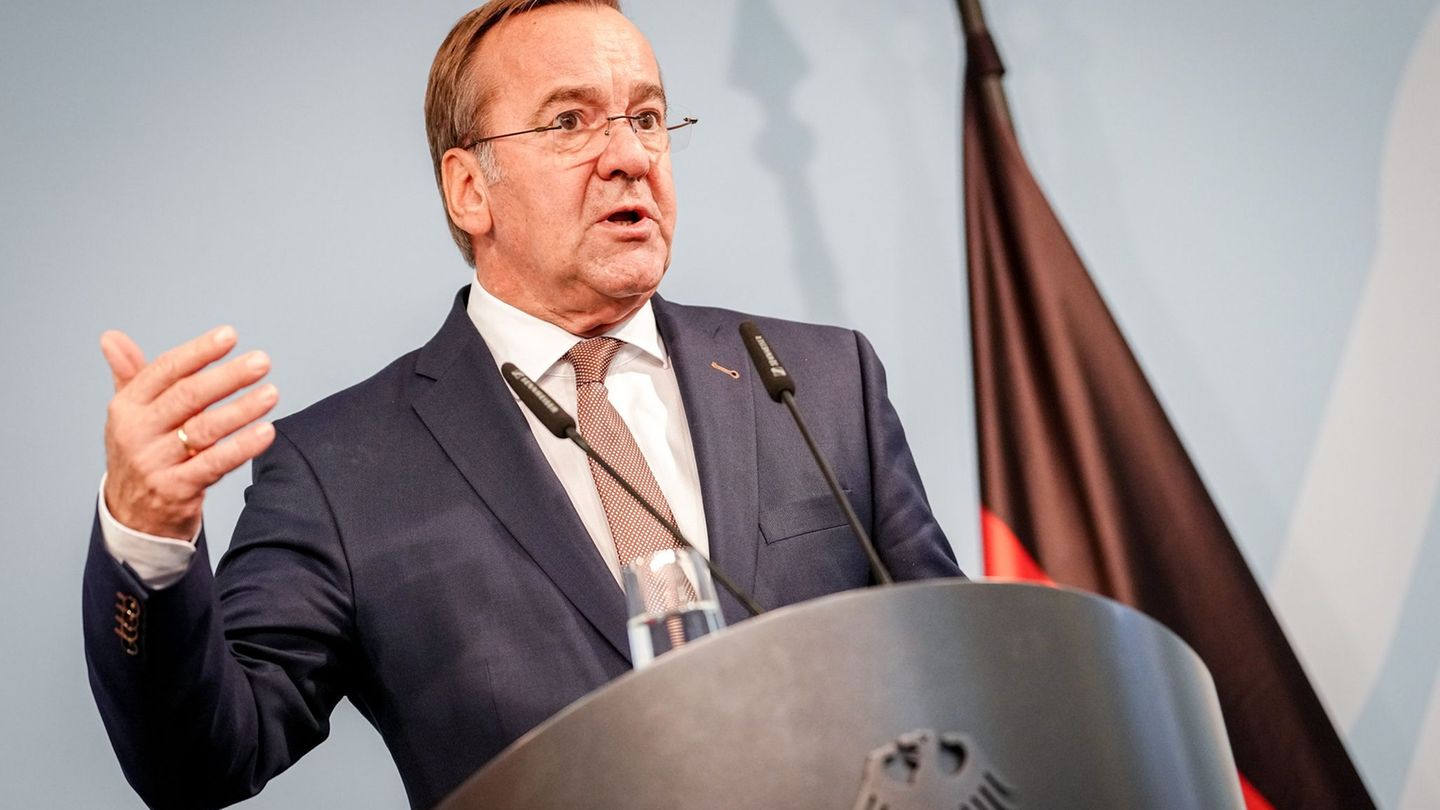The global economy is doing better – but growth is weak. That is the conclusion of the updated economic forecast of the IMF. The Monetary Fund also corrected its assumptions for the German economy.
According to the International Monetary Fund (IMF), the German economy will shrink by 0.3 percent this year. The IMF economists are therefore more pessimistic than three months ago. In April, they predicted a 0.1 percent decline in economic output in Germany for 2023. As justification, the IMF referred on Tuesday to a weakness in industrial production and an economic downturn in the first quarter.
For 2024, on the other hand, the Monetary Fund in Germany expects a somewhat stronger recovery than before. Gross domestic product (GDP) is expected to rise 1.3 percent instead of the previously expected 1.1 percent, the IMF wrote in its update of its global economic outlook published on Tuesday. In 2022, the German economy had grown by 1.8 percent.
IMF assesses world economy more positively: growth forecast at three percent
However, the Monetary Fund became somewhat more confident about the global economy as a whole. He corrected the growth forecast to 3.0 percent. In April it was reduced from 2.9 to 2.8 percent. As before, the IMF expects 3.0 percent for 2024. From 2000 to 2019 – i.e. until the corona pandemic – the annual average was significantly higher at 3.8 percent, as the fund emphasized. In 2022, the global economy grew by 3.5 percent.
IMF chief economist Pierre-Olivier Gourinchas was cautiously optimistic: the global economy is gradually recovering from the pandemic and Russia’s attack on Ukraine. “In the short term, signs of progress are undeniable.” Labor markets are surprisingly strong, and the sharp fall in energy and food prices has eased inflationary pressure faster than expected. The IMF lowered its forecast for inflation this year from 7.0 to 6.8 percent.
But it’s too early to celebrate. The economy will still cool down significantly compared to 2022. This is particularly noticeable in the euro zone, which is “still teetering” after the gas price surge as a result of the Russian war against Ukraine.
In the euro zone, the IMF has raised this year’s forecast for Spain, mainly thanks to the current travel boom: from 1.5 percent growth to 2.5 percent. In Italy it should be 1.1 percent instead of the previously expected 0.7 percent.
The IMF sees mixed signals in the US economy. The forecast for this year was raised from 1.6 to 1.8 percent. The triggers include an increase in real income and a recovery in car purchases. But the IMF does not expect the willingness to spend to continue. The additional money saved during the pandemic has largely been used up, and the US Federal Reserve is expected to raise interest rates further.
Source: Stern




